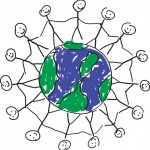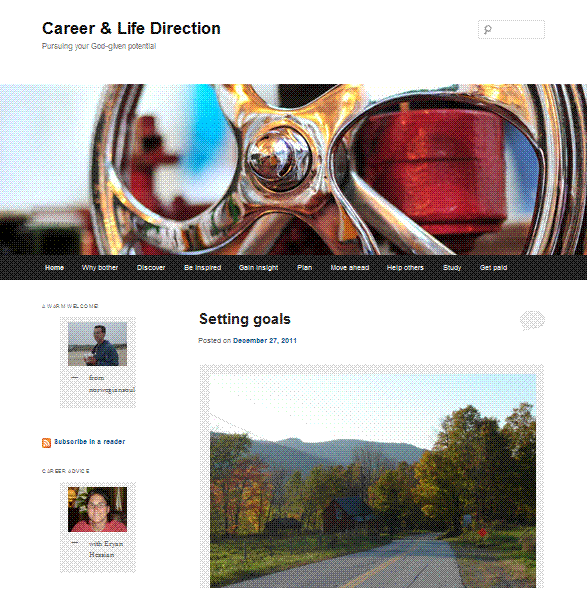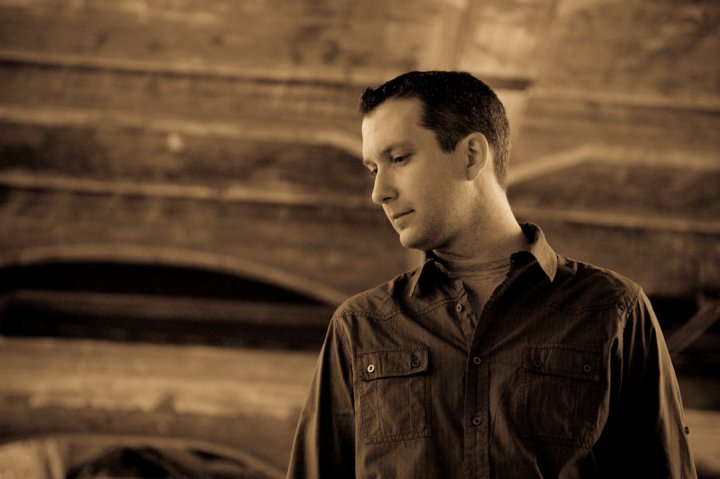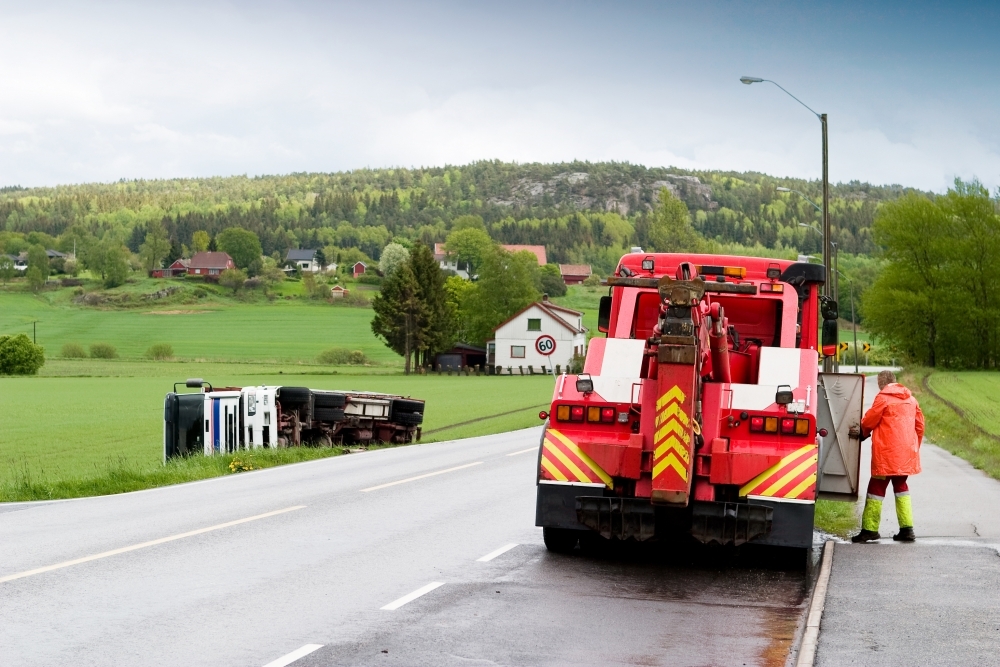Your clearness committee
- At November 24, 2012
- By Nathan
- In Career & Life Planning
 0
0

Major decisions can have far-reaching consequences. Making a wise decision that is a fit with who you are as a person can be a challenge. One way to improve the chances of personal success is to organize your own clearness committee before spontaneously launching out in a new direction.
It isn’t a good idea to get into the habit of making large decisions all alone.
Clearness committees have been around now for over 300 years. Although this term can be traced back to the Quakers, many other groups of Christians emphasis the importance of seeking wise counsel. And for that matter, this concept comes across to many people as simply common sense. But the problem is that it isn’t always immediately obvious to young people, etc. how to invite the input of others.
Organizing a clearness committee is one way to go about gaining insight when you are faced with a significant life decision.
The use of language changes over the years. Words can become emotionally charged in a negative way. For any number of reasons, committees have developed a bad reputation. Most people would rather not go there. When you hear “committee” your knee-jerk reaction may be to quickly get away.
For one thing, committee meetings usually take place in the evening when you are already tired after a busy day. It can feel like one more event to squeeze into an already hectic schedule; another item on your agenda that you would be happy to avoid. Then, these group meetings often lack the structure and focus that is required in order to make the time spent positive and productive.
Committee meetings have been known to go on and on and on into the night accomplishing very little by the break of day. Exhausted and frustrated, you finally make your way home in a bad mood.
And let’s face it: Any time when you get a diverse group of people in one small room for a long period of time it isn’t always a good thing. Some tend to take over. Others refuse to engage in the discussion. Soon small details take up large amounts of time. There is one diversion after another. Rabbit trails multiply. Personalities clash. Before long, the conversation takes a wrong turn – the debate gets nasty and personal. People pick sides and exchange words, etc.
Who would want to be a part of that?
The strength of a committee, however, is that a wide variety of insights and perspectives are available to address the problem at hand. Insight and perspective: that is what you need right now in order to make a wise decision that will impact your future in a positive way.
How does a clearness committee work?
First of all, you need to sit down and take some time to write down what you are thinking about doing and why. Go into as much detail as you can. Let’s say you are considering moving to Madagascar to teach Canadian tourists how to commune with large sharks out in the open ocean. Try to answer the who, when, where, why, and how questions. Maybe you could start by making a note of how fast you can swim and how much life insurance you have. Go from there.
Next, call up 5 or 6 people you know and trust and ask them to meet with you for 2-3 hours. Be clear that you are not asking them to give you advice or tell you what to do. The idea is to have others ask you questions and possibly make observations in order to clarify what you think you should do. Set a date and then send your friends what you have written a few days in advance so they have time to think about your situation.
When you meet, ask someone to lead your clearness committee and enforce the observation-and-question-only rule. Ask someone else to take brief notes of what is said during your time together. This will provide the basic structure and allow you to reflect on the insights that were offered later on.
Be prepared for awkward moments of silence. It is okay to not always have the air filled with words. But, at the same time, be prepared to benefit from the many thoughtful questions and observations your friends will offer.
This brief discussion isn’t intended as an endorsement of everything any particular Quaker person or group may believe. Nor is this to be taken to suggest that a quest for “inner truth” sums up the whole decision-making process. But this is one way you can begin to move beyond an excessively individualistic way of life and hopefully make better decisions.
By way of full disclosure, I have never organized or been a part of a clearness committee. But I wish I had. Looking back, this type of encouragement and support would surely have been beneficial early on.
So think about your future. Take the initiative. Do what you need to do in order to make wise decisions today.
© Career & Life Direction 2012. All rights reserved.

































